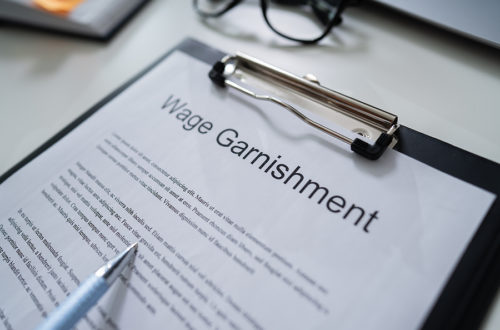If you are facing credit card debt, you are not alone. Given the 126.2 million American households, the average household has around $8,161 in revolving debt, approximately $6,577 of which is credit card debt. With nearly 248 million Americans over the age of 18, that comes out to a total of $3,353 in credit card balances per US adult, according to cardrates.com. There are ways to get out of credit card debt. Here are some quick tips and repayment methods.
Repayment Methods
Several different repayment methods are commonly used and are successful in paying down credit card debt quickly. The first of these is the debt avalanche method, whereby the cardholder focuses on paying off the credit card with the highest interest rate first, then focusing on the card with the next highest rate after that one is paid and so on. The next method is the debt snowball method where the cardholder pays off the smallest debt first. It is hoped that this first debt paid off will motivate the person to continue making payments as he or she continues to pay off debt. If it is at all possible to adjust your budget so that you can focus your efforts on paying down debt through one of these methods, this situation is ideal.
Balance Transfers, Personal Loans or Consolidation
However, sometimes the finances are simply not there to attack credit card debt in one of these repayment manners. Sometimes you need that extra assistance to help pay off these debts. If that is the case, a couple other options exist for the American consumer. The first of these is use of a balance transfer to a zero rate or low interest rate credit card. This option can be helpful if the individual is able to pay off the card during the introductory rate period. These cards and balance transfers often do have a rate increase after a period of time has passed. Therefore, it is important that you keep up with payments after the balance is transferred and make the effort needed to pay off the card during the zero-interest rate period before the interest rates go up.
Another method is use of a personal loan. Banks offer these unsecured loans to consumers who have decent credit scores and can qualify for a lump sum loan to pay off their credit cards after receiving the loan funds. However, one thing to keep in mind is that these loans do need to be paid back, and many of them come with higher interest rates since they are unsecured obligations. While the credit card bills will stop after the balances are paid, the consumer will still need to pay the monthly payments on the loan. Despite this fact, a personal loan can be a quick way to pay off major credit card debt into one monthly loan payment. Consolidating the payments alone can be one major benefit for using this method in attacking your credit card debt.
As bankruptcy attorneys, we see credit card debt as one of the most common problems facing those with serious financial challenges. It is not surprising with the high interest rates, unreasonable fees, harassing debt collection calls, penalties and never ending minimum payments that do not even make a dent in your actual debt. We offer additional tips for eliminating credit card debt on our blog.
Click here to read more on this story.
If you have questions on this topic or are in financial crisis and considering filing for bankruptcy, contact an experienced Miami bankruptcy attorney who can advise you of all of your options. As an experienced CPA as well as a proven bankruptcy lawyer, Timothy Kingcade knows how to help clients take full advantage of the bankruptcy laws to protect their assets and get successful results. Since 1996 Kingcade Garcia McMaken has been helping people from all walks of life build a better tomorrow. Our attorneys’ help thousands of people every year take advantage of their rights under bankruptcy protection to restart, rebuild and recover. The day you hire our firm, we will contact your creditors to stop the harassment. You can also find useful consumer information on the Kingcade Garcia McMaken website at www.miamibankruptcy.com.

